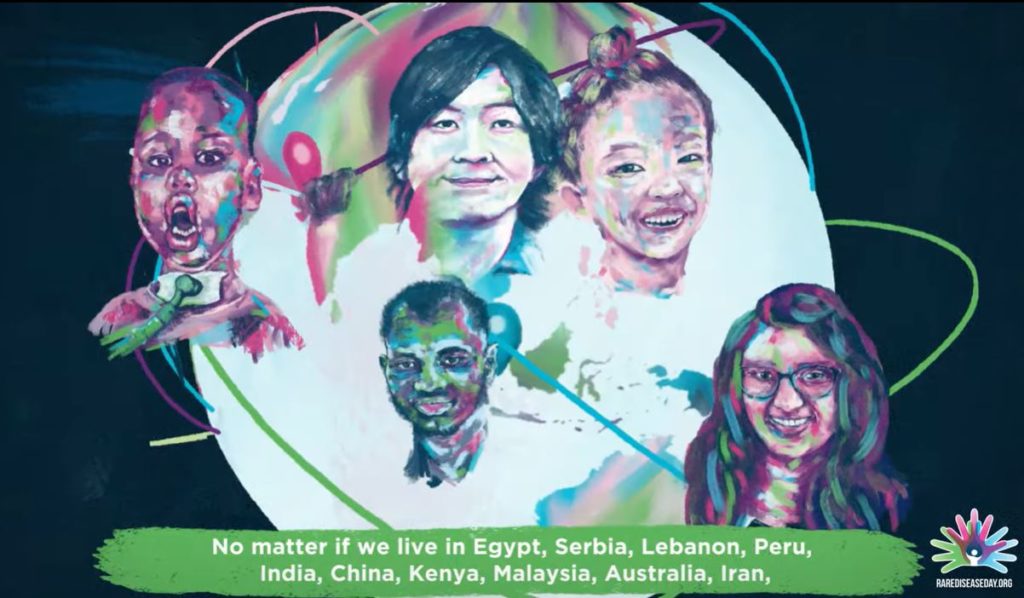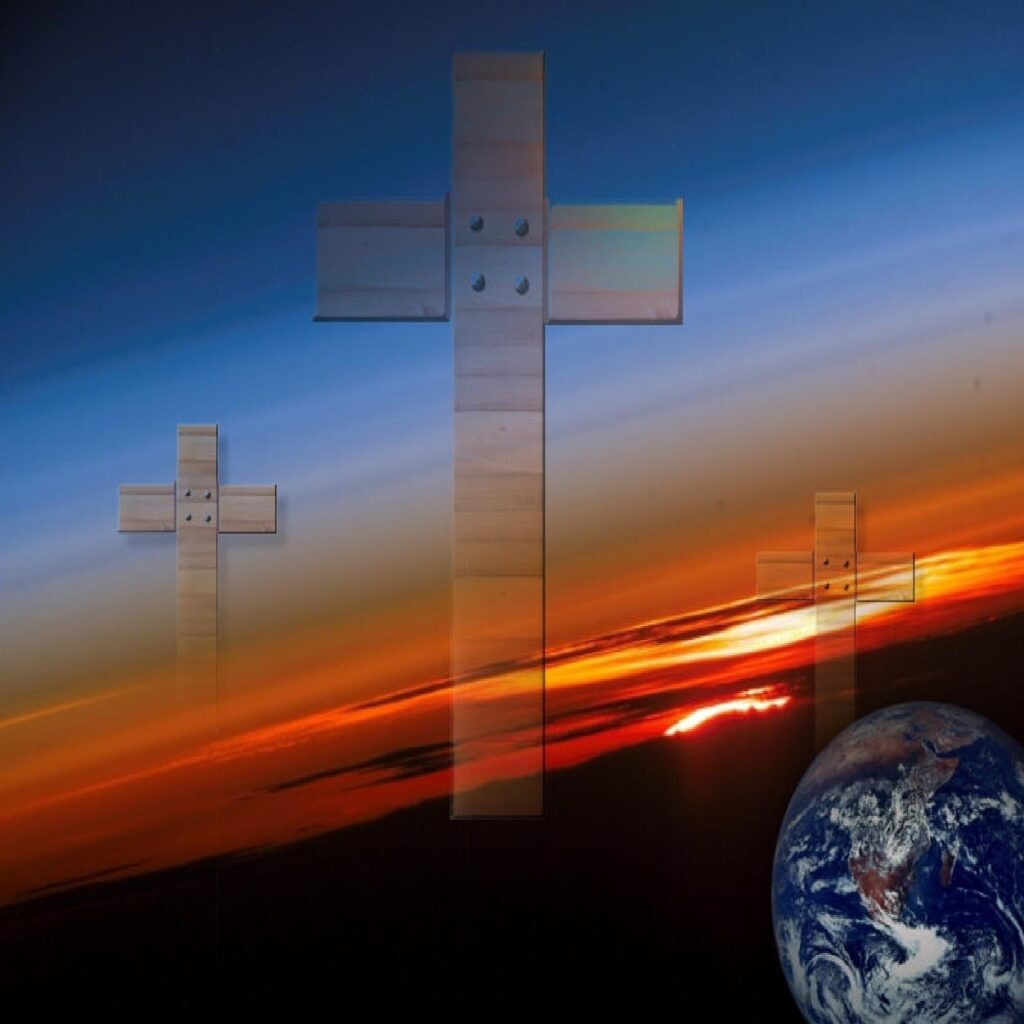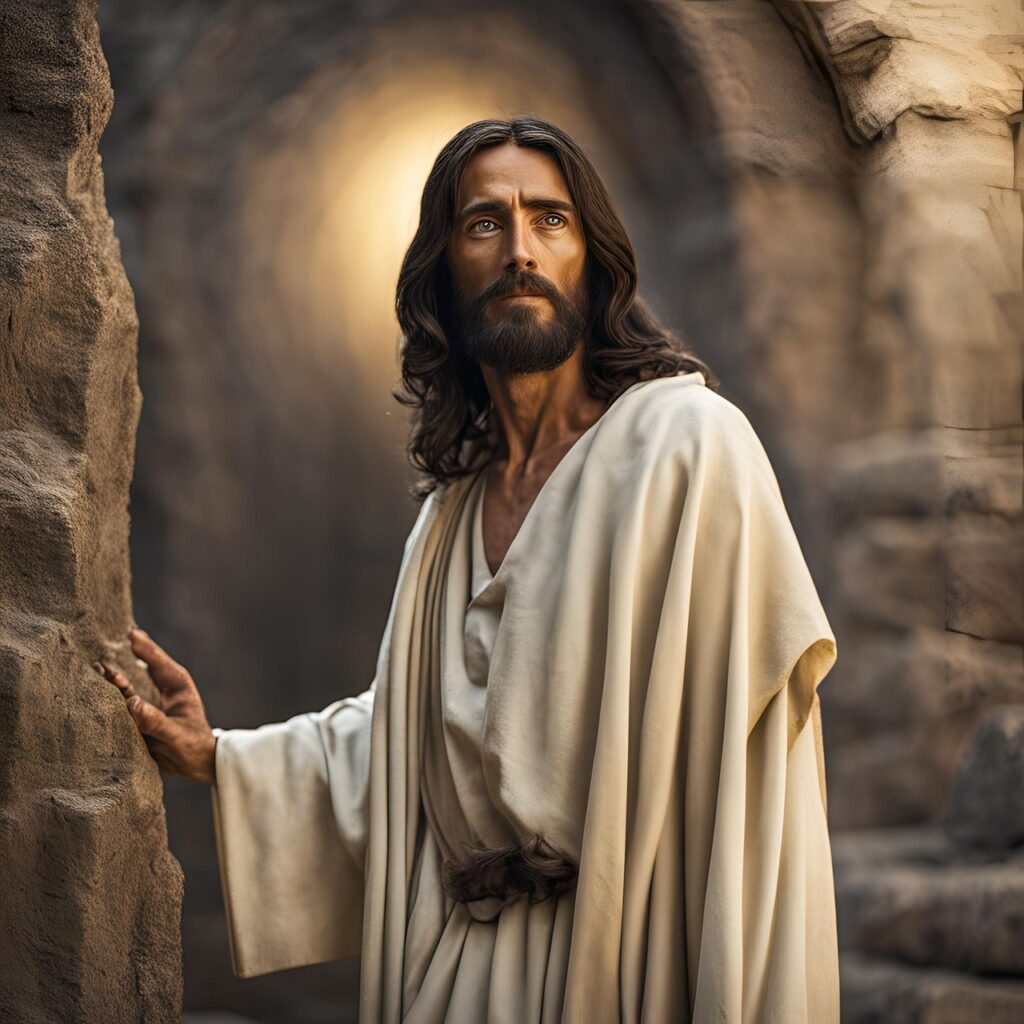Message for 15th World Rare Disease Day
Observed February 28, 2022

The following is the message sent by the interim prefect of the Dicastery for Promoting Integral Human Development, His Eminence Cardinal Michael Czerny, S.J., on the occasion of the 15th World Rare Disease Day, which is observed today, 28 February:
Message of the Prefect of the Dicastery for Promoting Integral Human Development
Diseases that are considered rare, although affecting a limited number of people per type of disease, are overall numerous; in the world, about 300 million people live with a rare disease[1].
The negative impact of living with a rare disease is felt throughout life, and in every aspect of life, by those affected by this kind of pathology and their families. Theirs is a continuous struggle to obtain a correct diagnosis, to access services, and appropriate health care. Treatments for rare diseases are often very expensive; so-called “orphan drugs” have a limited market and some pharmaceutical companies do not invest in the production of many of these drugs because they do not guarantee an adequate economic return.
In low-income countries, this negative impact is even stronger. Scarce resources and investments in research, diagnostics, and therapies often exclude patients with rare diseases, the poor, and indigent from access to care.
What is needed today is a radical and global rethinking of political, economic, and health systems to ensure research and development of new drugs and to have effective treatments for all. This goal can be achieved only if we eradicate the pandemic of selfishness, individual and social, and promote a culture of acceptance, solidarity, and the common good.[2]
In addition to problems related to research, diagnosis, and treatment, patients with rare diseases face discrimination, stigma and even social exclusion. Inclusion and integration in educational systems are difficult; parents struggle to find suitable schools willing to accept their children with a rare disease. It should be remembered that rare diseases occur mainly in childhood, being for the most part of genetic origin.
Often, the families of people with a rare disease live in situations of great economic hardship; the higher costs associated with care, ongoing assistance, and rehabilitation therapies subject them to a greater risk of impoverishment and social and economic isolation and exclusion.
Many of these families live with a lower income because accessing, maintaining, and returning to work is a continuous challenge. It is difficult not only for those affected by a rare disease but also for the loved ones who take care of them, generally women, who are often the main caregivers; it is they who pay the highest price for this exclusion. The world of work, in fact, penalizes these people not only for the difficulties related to disability and the lack of flexibility (of hours, location of work, etc..) but also by not providing adequate information or direction.
Pope Francis reminds us that the right to work is a right that must be guaranteed to all, especially the most fragile, such as people living with a rare disease. Solutions must be sought that help build a new future of work that is based on decent and dignified working conditions and that promotes the common good.[3]
Each person living with a rare disease has his or her own story, but all together, as a community, they share fears, challenges and hopes. Their voices must be heard and their requests welcomed in order to give a shared impetus to a global change, of conversion towards a more just, equitable, inclusive, and sustainable world.
I conclude this message with the words of Pope Francis: “This time of the pandemic is teaching us to view illness as a global and not a merely individual phenomenon. […] Individualism and indifference to others are forms of selfishness that unfortunately end up being amplified in the society of consumerist wellbeing and economic liberalism. The antidote is the culture of fraternity, founded on the awareness that we are all equal as human persons, all equal, children of one Father (Cf. Fratelli Tutti, 272)”[4].
________________
[1] Cfr. Rare Disease International, https://www.rarediseaseinternational.org/living-with-a-rare-disease/
[2] Cfr. Pope Francis, Video Message on Occasion of the 30th World Day of the Sick, 11 February 2022.
[3] Cfr. Pope Francis, Video Message on the Occasion of the 109th Meeting of the International Labour Organization (ILO), 17 June 2021.
[4] Pope Francis, Video Message on Occasion of the 30th World Day of the Sick, 11 February 2022.
Related

Reflection by Bishop Enrique Díaz: The Lord’s mercy is eternal. Alleluia
Enrique Díaz
27 April, 2025
5 min

After Eight Days Jesus Arrived: Commentary by Fr. Jorge Miró
Jorge Miró
26 April, 2025
3 min

The Perspectivas del Trabajo Foundation is founded with the aim of promoting virtues for professional development
Exaudi Staff
25 April, 2025
2 min

Reflection by Bishop Enrique Díaz: Alleluia, alleluia
Enrique Díaz
20 April, 2025
5 min
 (EN)
(EN)
 (ES)
(ES)
 (IT)
(IT)

